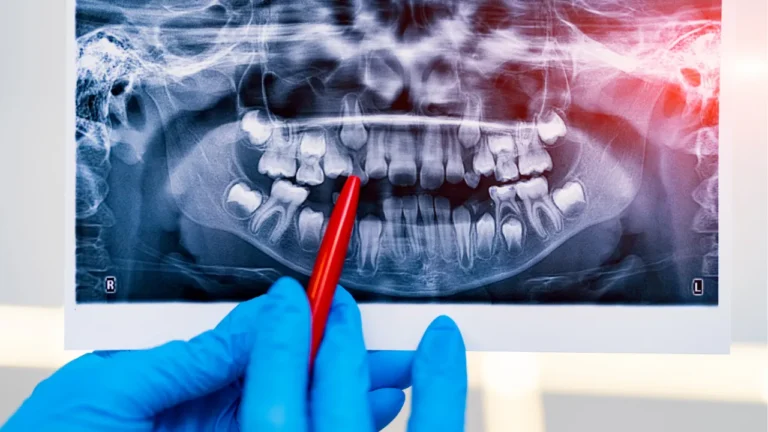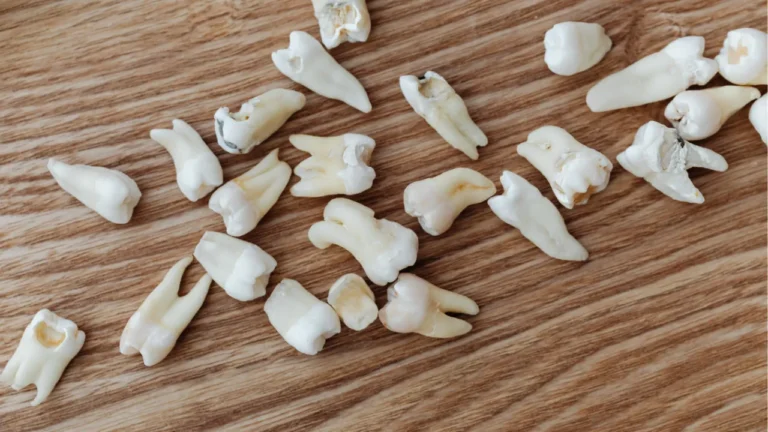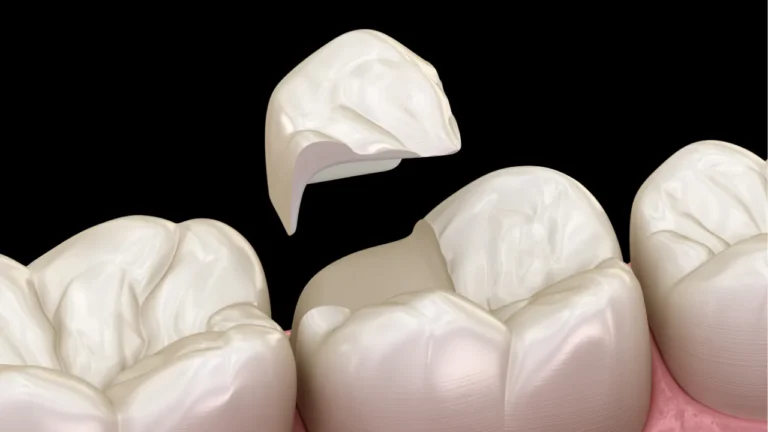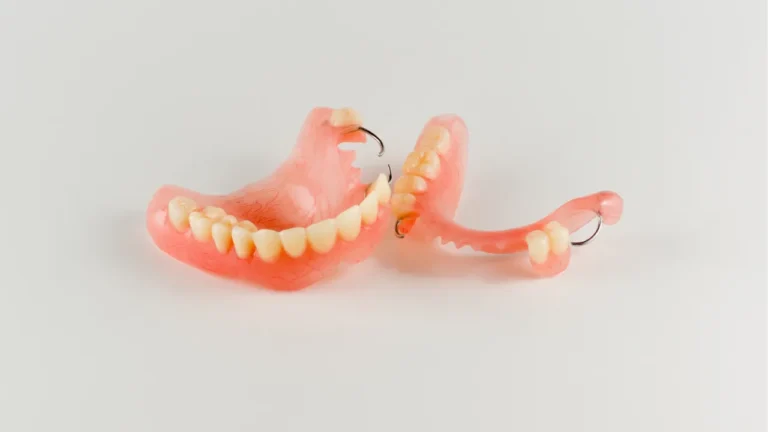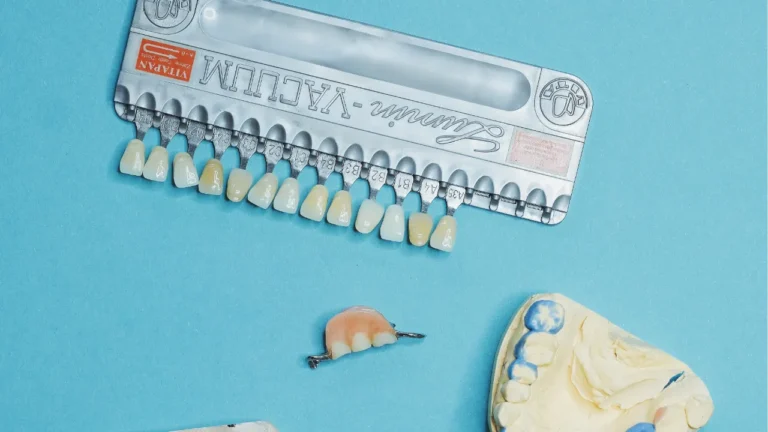Your genes can influence your risk for cavities, gum disease, misaligned teeth, and even how your body responds to oral bacteria — meaning oral health isn’t just about hygiene, it’s also about heredity.
While brushing, flossing, and dental visits are essential, some people are genetically more prone to issues like enamel weakness or periodontal disease.
Understanding your family history can help you and your dentist take preventive steps tailored to your needs.
Short Summary
- Genetics can affect enamel strength, saliva production, gum health, tooth alignment, and oral cancer risk.
- Even with great hygiene, some people are more prone to dental problems.
- Knowing your family history helps you take preventive, personalized steps.
- Regular checkups, good hygiene, diet changes, and early intervention can help counter genetic risks.
How Genetics Affects Oral Health
Your genes influence various aspects of your dental health, including:
- Tooth Enamel Strength : Some people inherit strong enamel, which provides better protection against decay, while others have naturally weaker enamel, making them more prone to cavities.
- Saliva Production : The amount and composition of your saliva impact your ability to neutralize acids and wash away harmful bacteria. Some individuals produce less saliva, increasing their risk of dry mouth and tooth decay.
- Gum Disease Susceptibility : Certain genetic markers make some people more prone to periodontal (gum) disease, even if they practice good oral hygiene.
- Tooth Shape and Alignment : Genetics determines the size, shape, and alignment of your teeth. If your parents had crowded or misaligned teeth, you might inherit the same dental structure, increasing the likelihood of needing orthodontic treatment.
- Oral Cancer Risk : While lifestyle factors like smoking and alcohol use contribute to oral cancer, genetic predisposition may also play a role in developing the disease.
Common Hereditary Oral Health Conditions
1. Cavities and Tooth Decay
Genetic variations can influence how resistant your teeth are to decay.
If you have soft or thin enamel, bacteria can penetrate more easily, leading to a higher risk of cavities even with good oral hygiene.
2. Gum Disease (Periodontitis)
Studies suggest that up to 30% of people may have a genetic predisposition to gum disease.
This means that even with proper brushing and flossing, some individuals are more susceptible to inflammation, infection, and bone loss around the teeth.
3. Misaligned Teeth and Bite Problems
Jaw size and tooth alignment are largely inherited traits. If your parents had crowded, crooked, or misaligned teeth, you may require braces or Invisalign to correct similar issues.
4. Weak or Excessive Bone Growth
Genetics can affect jawbone density and development.
Some individuals may have insufficient bone for dental implants, while others may develop conditions like tori (extra bone growth in the mouth), which can affect comfort and oral function.
5. Oral Cancer Susceptibility
While environmental factors are a major cause of oral cancer, some families have a genetic predisposition that makes them more vulnerable.
If you have a family history of oral, throat, or esophageal cancer, it’s important to schedule regular oral cancer screenings.
How to Overcome Genetic Oral Health Risks
While you can’t change your genetic makeup, you can take proactive steps to protect your teeth and gums:
1. Maintain Excellent Oral Hygiene
- Brush your teeth twice a day with fluoride toothpaste.
- Floss daily to remove plaque between teeth.
- Use an antibacterial mouthwash if recommended by your dentist.
2. Schedule Regular Dental Checkups
- Visit your dentist every six months for cleanings and exams.
- Get X-rays and periodontal evaluations to detect issues early.
- Ask about preventive treatments such as fluoride applications and sealants.
3. Follow a Tooth-Friendly Diet
- Eat foods rich in calcium and phosphorus to strengthen enamel.
- Limit sugary snacks and acidic beverages, which contribute to decay.
- Stay hydrated to maintain healthy saliva flow.
4. Consider Orthodontic and Preventive Treatments
- If you have misaligned teeth, early orthodontic evaluation can help.
- If you have weaker enamel, fluoride treatments and sealants can provide extra protection.
- If you’re at high risk for gum disease, your dentist may recommend more frequent cleanings and specialized care.
5. Get Regular Oral Cancer Screenings
- If oral cancer runs in your family, discuss screening options with your dentist.
- Avoid tobacco and excessive alcohol use, which can increase genetic risks.
Final Thoughts
Genetics plays an important role in your oral health, but it doesn’t determine your fate.
By understanding your family history and practicing preventive care, you can significantly reduce your risk of developing hereditary dental issues.
At Every Smile Dentistry, we offer personalized dental care to help you overcome genetic risk factors and maintain a healthy, beautiful smile. Schedule an appointment today to take control of your oral health!


